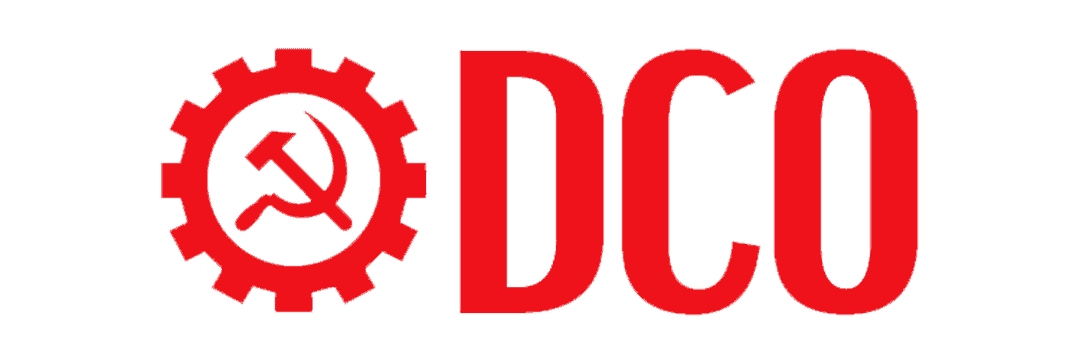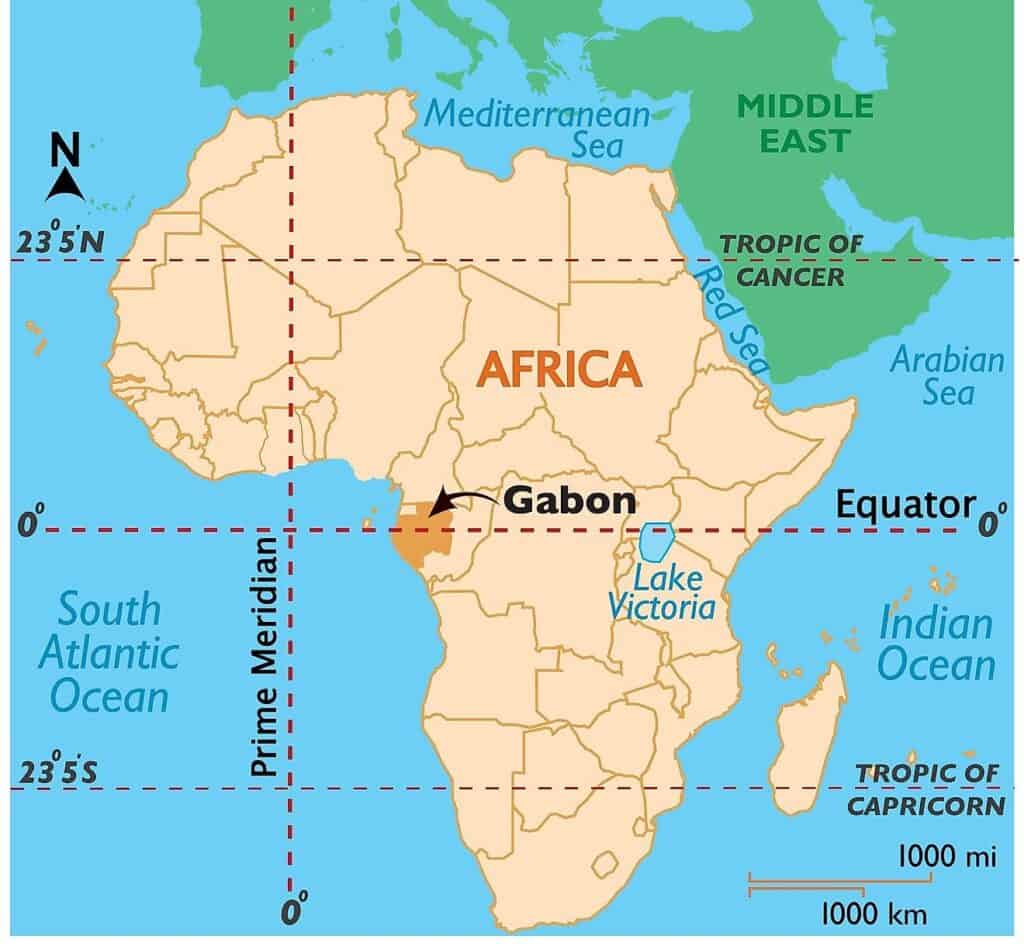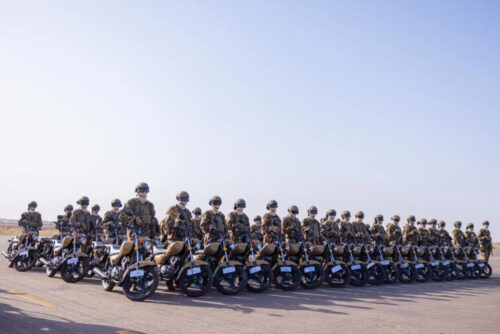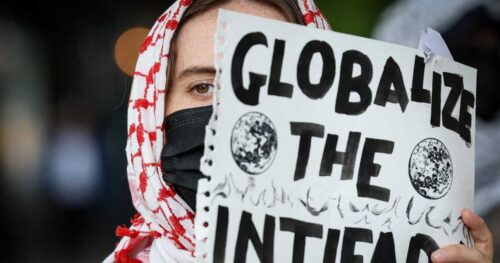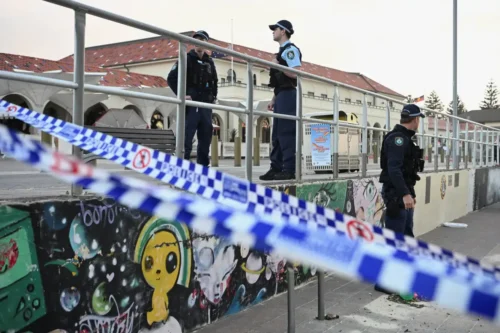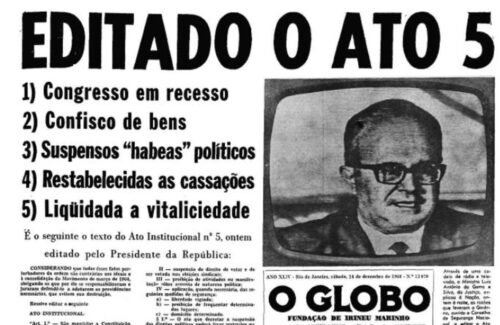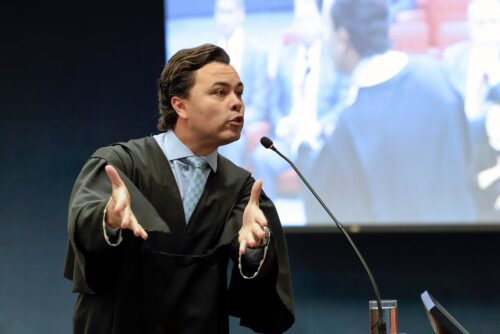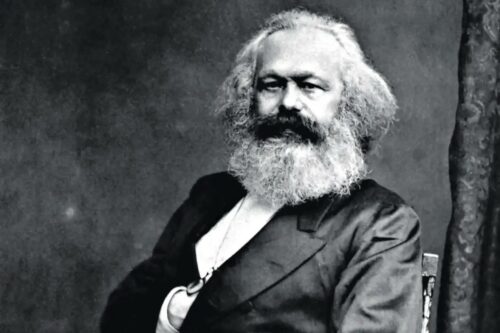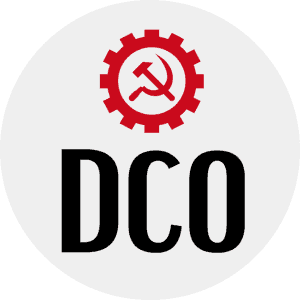Last Wednesday (30), a small country on the west coast of Africa made headlines around the world. In another episode demonstrating the weakening of imperialism, the military in Gabon ousted President Ali Bongo, a politician who served the imperialist interests on the continent and ruled the country for over 14 years.
Especially here in Brazil, the majority of people were not even aware of the existence of Gabon, being unfamiliar with Gabonese history and geography. Therefore, let’s get to know a bit about this Central African country that is adding more fuel to the fire in Africa:
Gabon is situated in the central part of the African continent, on the Equator. It is bordered by the Atlantic Ocean and shares borders with Equatorial Guinea (northwest) and the Republic of the Congo (east and south):
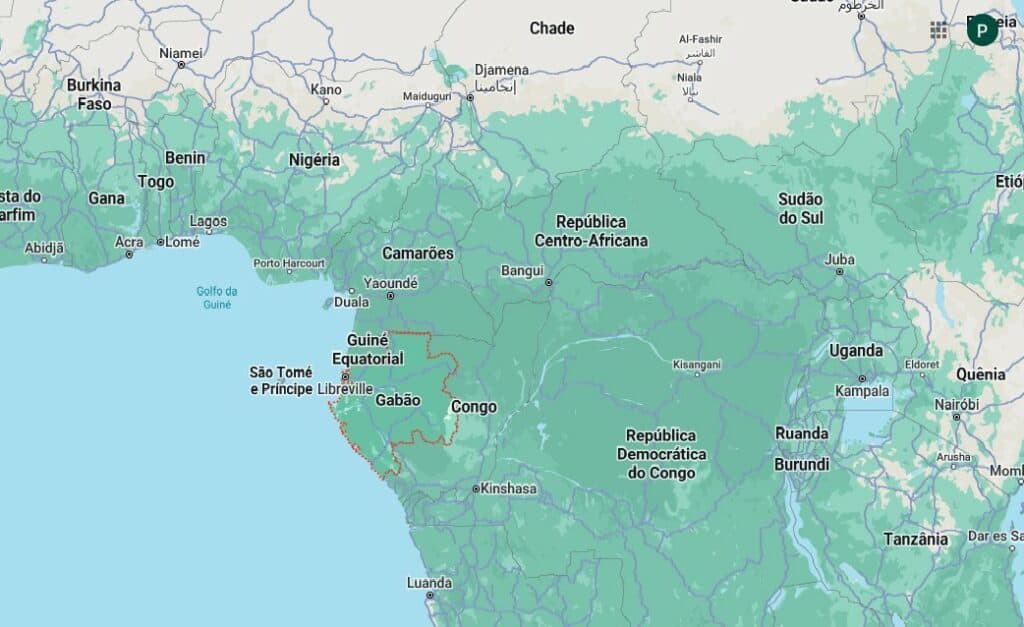
Originally, its first inhabitants were the Pygmies. However, starting from the 14th century, people of the Bantu ethnicity began to settle in the region. Currently, this is the country’s main ethnic group, representing 95% of the Gabonese population. Despite the predominance of this ethnicity, there are at least 40 ethnic groups living in Gabon.
In 1910, the country was assimilated into French Equatorial Africa, a federation of French colonies in Africa. It remained a French colony until 1960 when it officially gained independence from the European country. “Officially” because independence occurred under the total control of French imperialism, so Gabon never ceased to be a French colony.
In this regard, the only official language adopted in the country is French. It is estimated that 80% of the population speaks French, with 30% being native speakers in Libreville, the capital of the country.
However, despite this, the majority of Gabonese people (63.7% according to a census conducted in 2013) speak the native languages of their respective ethnic groups. It’s 86.3% in rural areas and 60.5% in cities.
We mentioned earlier that the capital is Libreville. It is also the largest and most populous city. It is located in the west of the country, on the Gulf of Guinea.
Even though it is the largest city, its territory is only 189 km², highlighting how small the Central African country is: it has a land area of 267,668 km², which is smaller than many Brazilian states and even some cities.
Nevertheless, at least since its independence, it has been an important country for imperialism in Africa. Due to its wealth in raw materials, it has been and continues to be (at least until the recent coup) a target of imperialist plunder, primarily exporting oil, manganese, wood, and uranium. The reserves of the latter have been depleted through French imperialist exploitation.
Furthermore, it was the main African country used as a spearhead by imperialism to overthrow the nationalist government of Muammar Gaddafi in Libya. It’s no wonder that the ousted president, Ali Bongo, was known as “Obama’s man” in Africa.
But these are topics for other specific articles that can be found in today’s special edition of this newspaper.
Returning to the country’s characteristics, the main religion practiced is Christianity. It is estimated that about 79% of the population is Christian, with approximately 53% being Catholics. The second most practiced religion in the country is Islam, followed by traditional religions.
As for its geography, Gabon is characterized by coastal plains, some mountains, and savannah in the east. As mentioned earlier, it is bordered to the west by the South Atlantic Ocean. The Komo River, which is a source of hydroelectric potential, flows into the ocean. It has a tropical monsoon climate, with a rainy season lasting about 9 months.
Although the tourism industry is not very strong in the country, there are numerous beautiful destinations and landscapes.
We have the national parks of Loango, Pongara, Ivindo, and Akanda, places to explore the fauna and flora of the country:
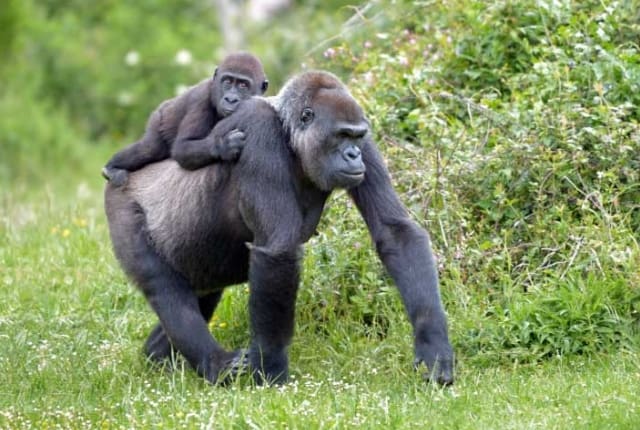
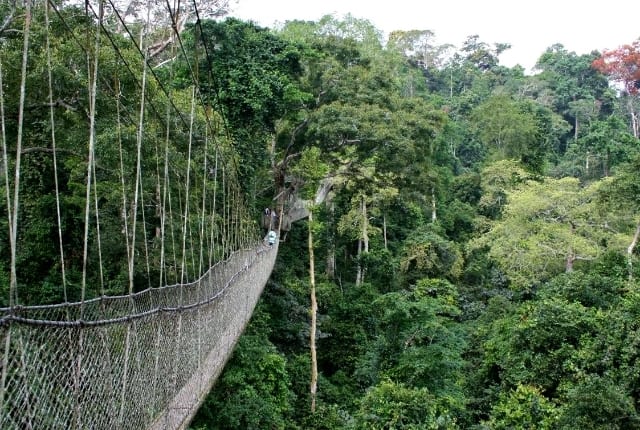
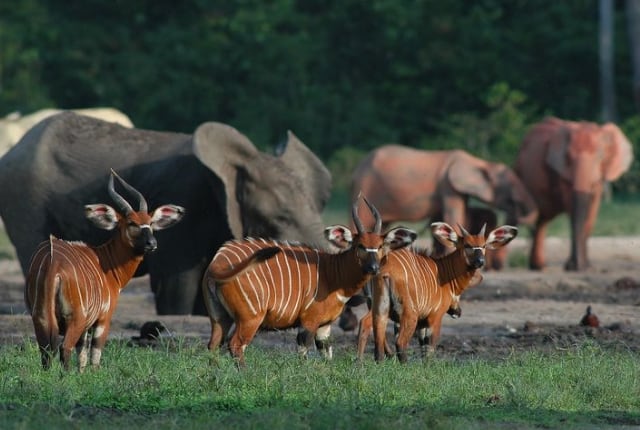
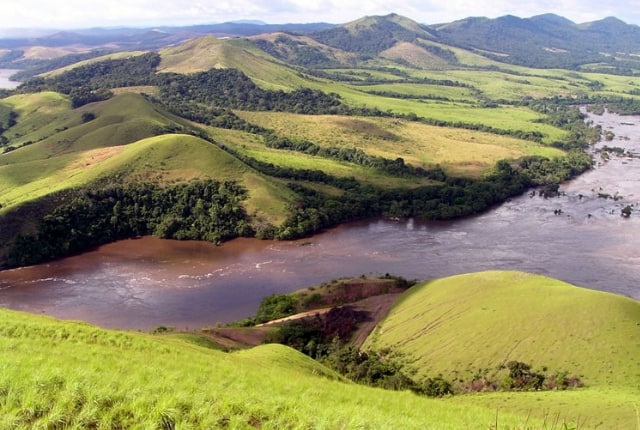
Among natural destinations, there are also the Makokou and Kongou waterfalls, where you can witness the power of Gabonese rivers:
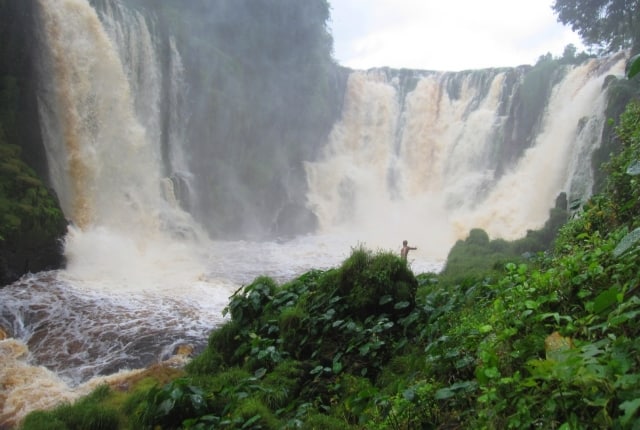
And among man-made destinations, there are, among others, the cities of Franceville and Port-Gentil:
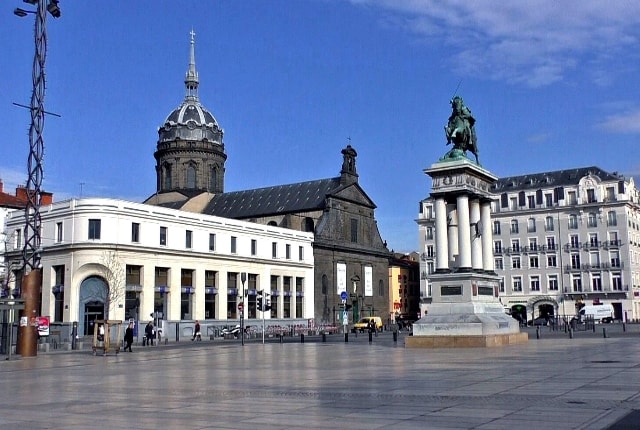
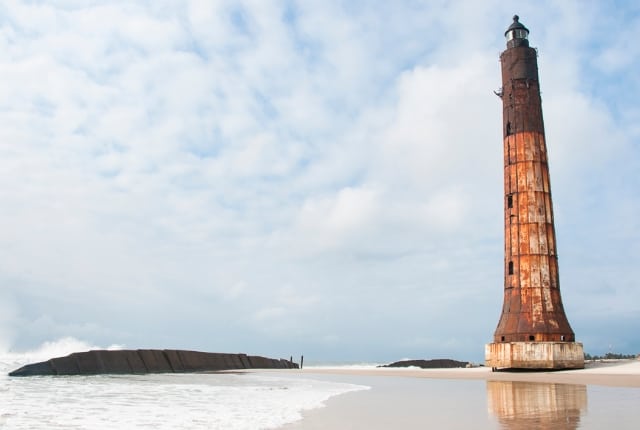
Considering this, along with the fact that it is rich in oil, manganese, and wood, important raw materials in the global market, we are dealing with a nation-state that could be much more developed, providing a real quality of life for the majority of its population.
However, its development is hindered by imperialism, which has been promoting the plunder of its natural resources and enslaving its population for over a century. As the recent coup is part of a nationalist movement that seems to be growing every day in Africa, a window of opportunity opens for the Gabonese people to completely free themselves from imperialism and enjoy the wealth and natural beauty of Gabon.
